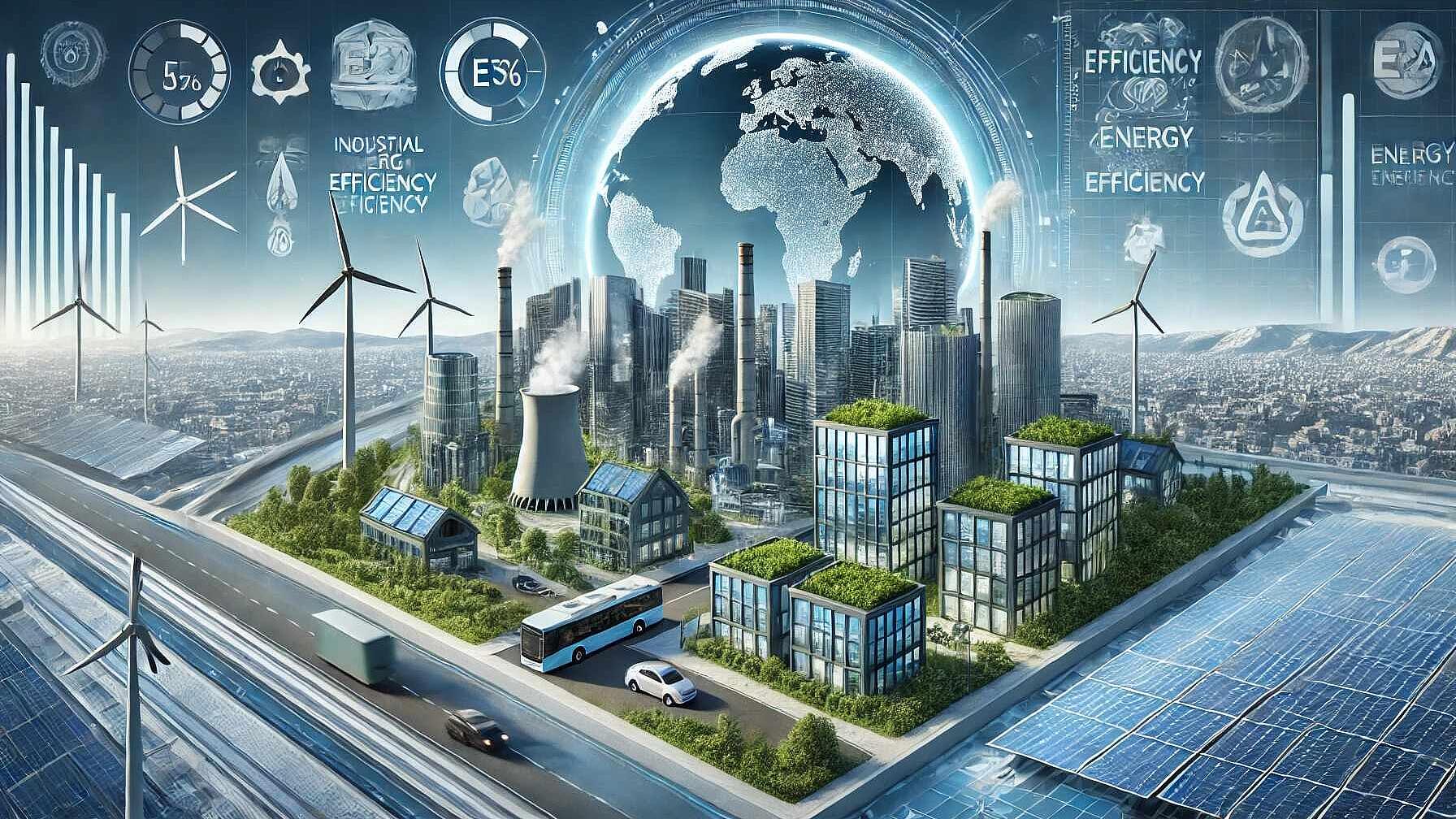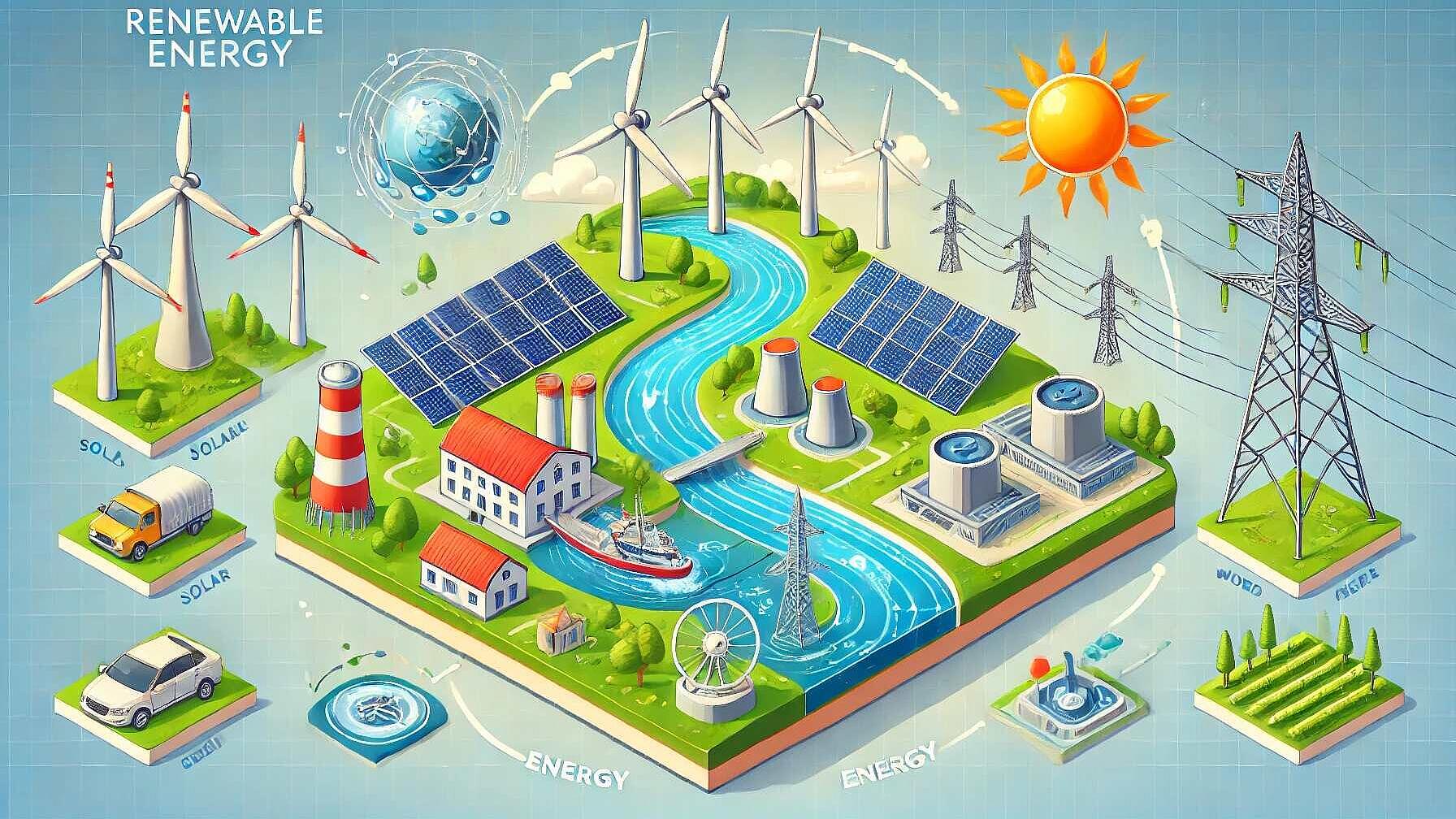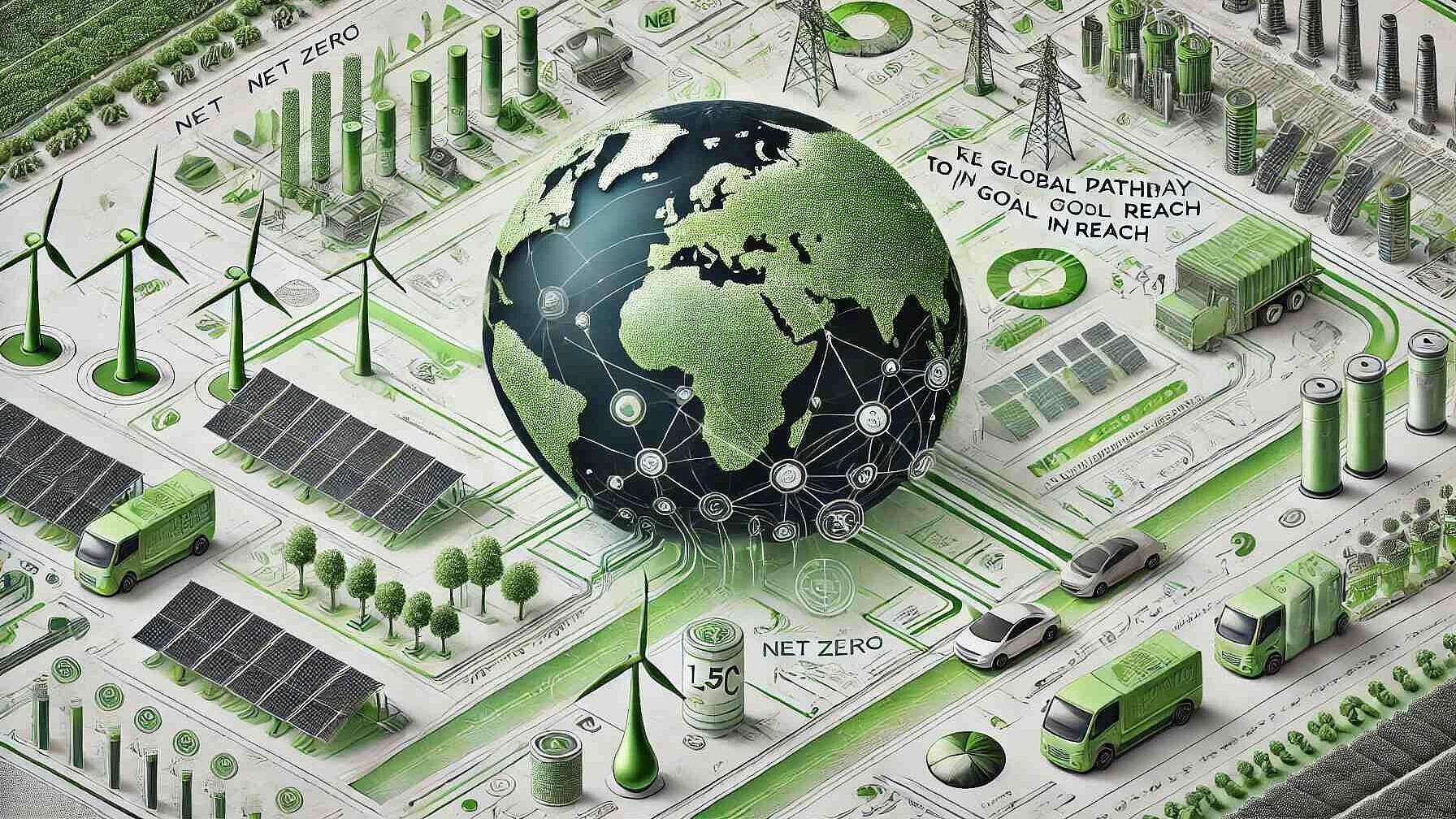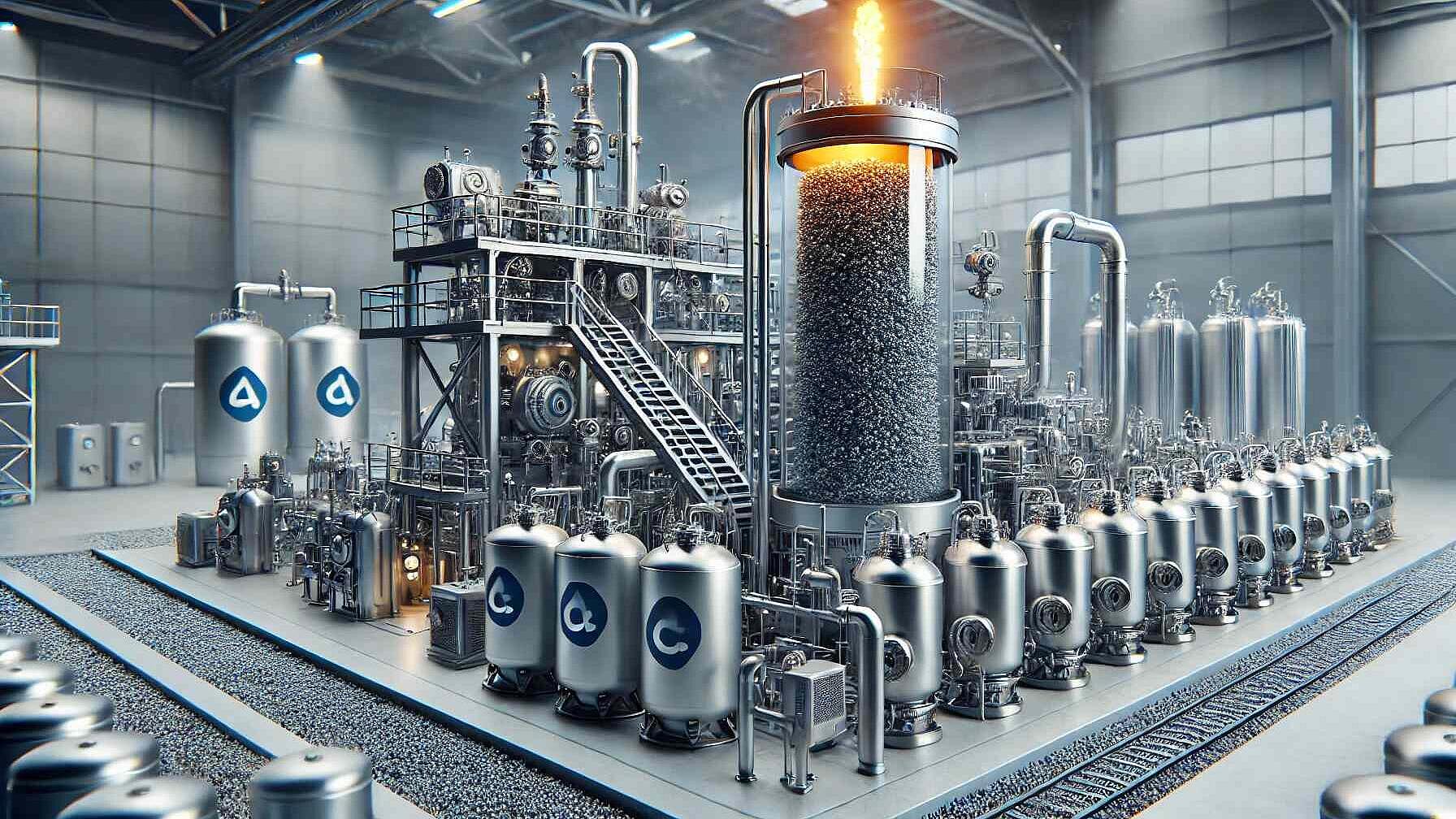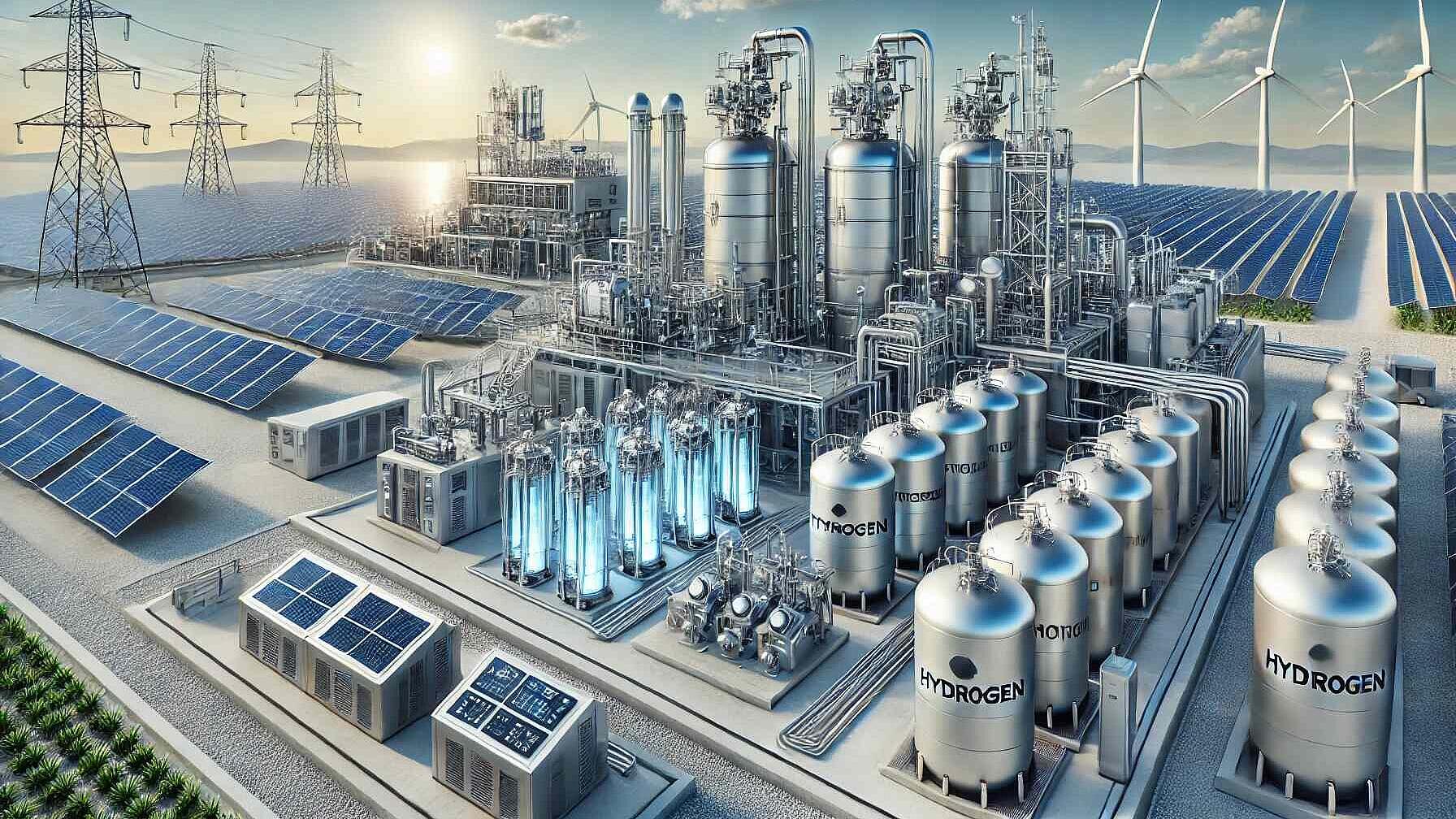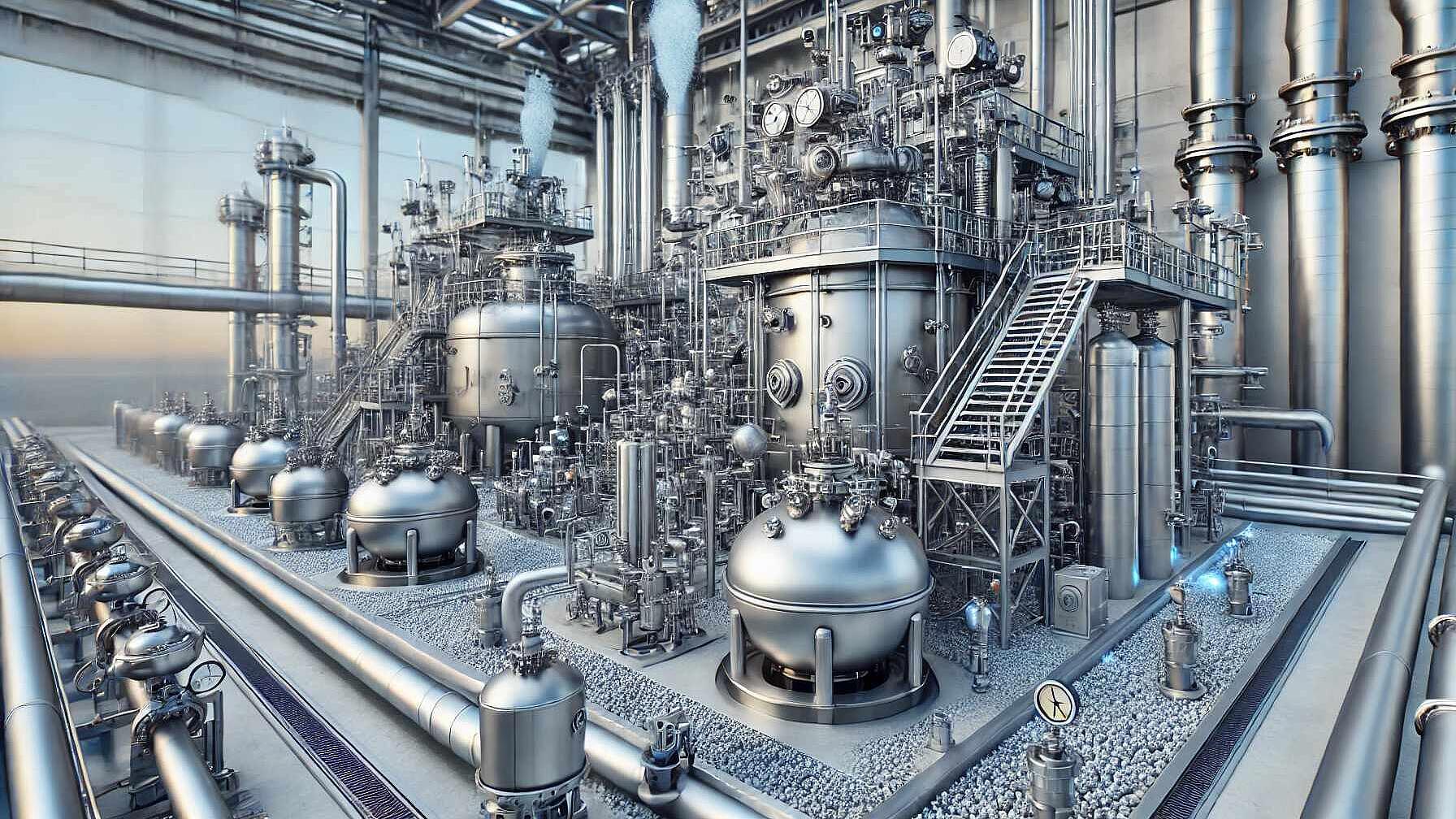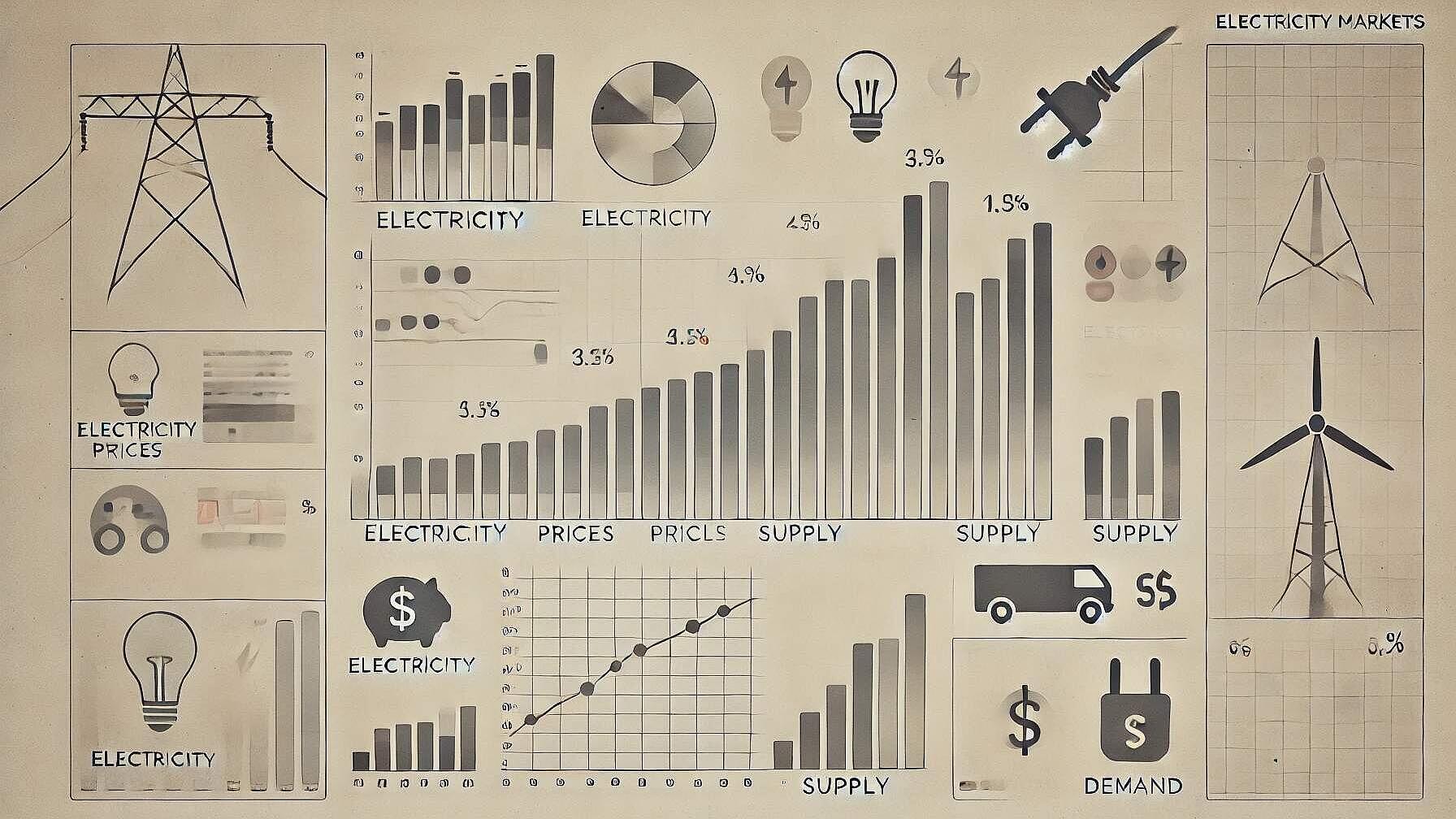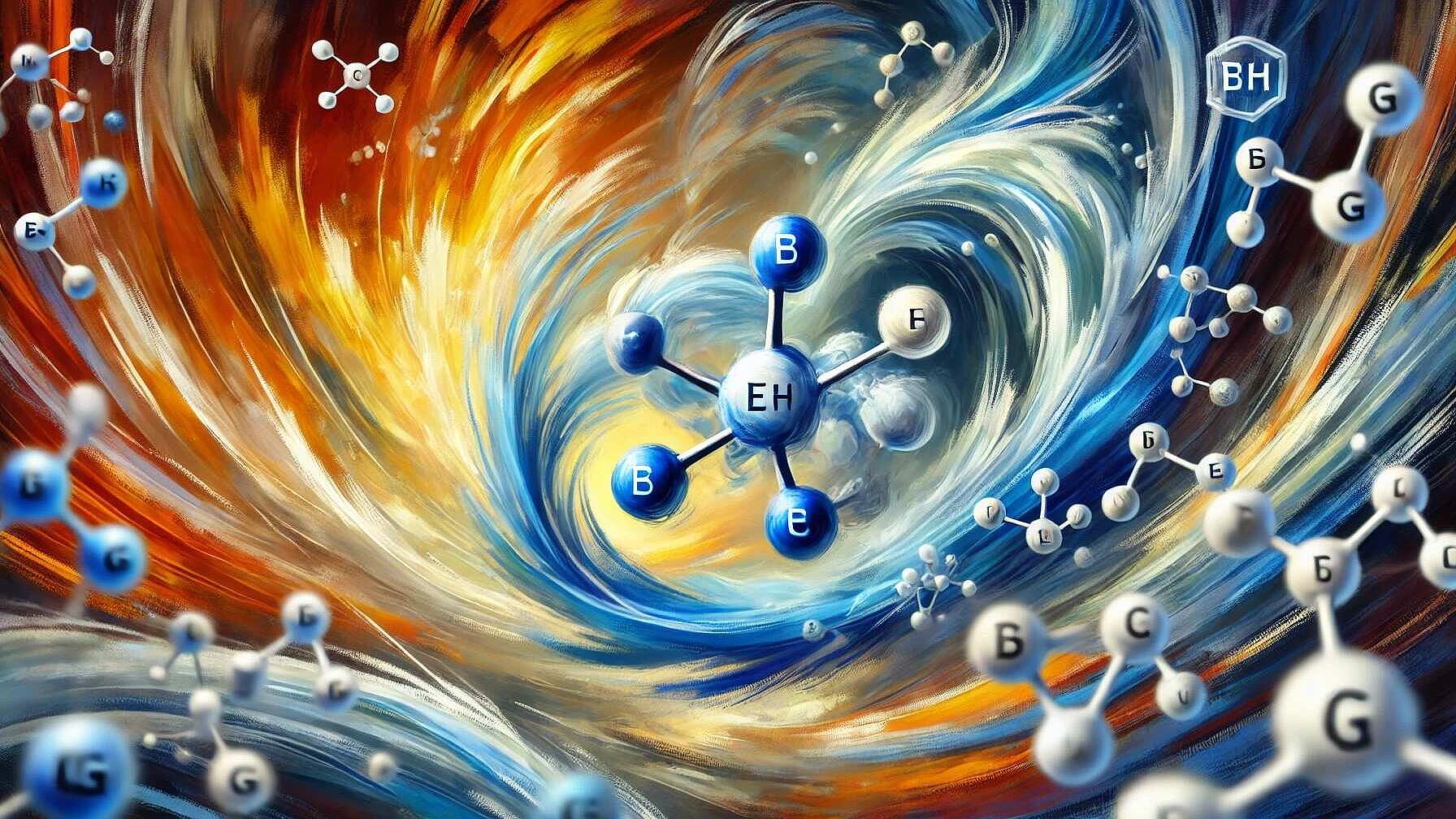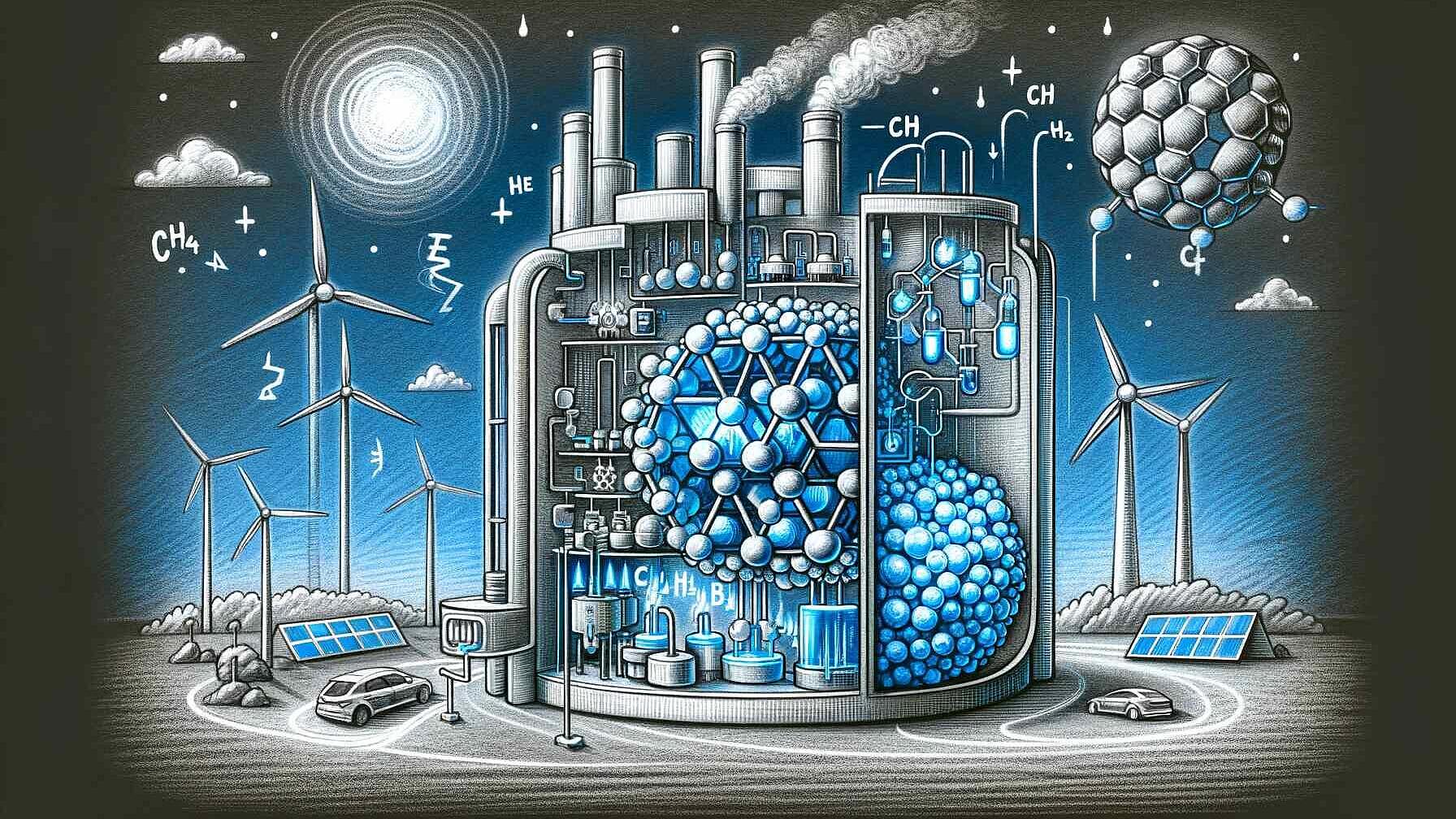 Artigos
ArtigosDoubling Energy Efficiency Progress: A Key to Achieving Climate Goals and Energy Security
The IEA's "Energy Efficiency 2023" report underlines the imperative of doubling the rate of global energy efficiency improvement from the current 2% to 4% annually to achieve net-zero emission targets. Although there was a slight dip in global energy intensity improvement in 2023 to 1.3%, the EU and the US demonstrated significant improvements due to policy responses and behavioral shifts amid energy crises. Doubling efficiency progress could significantly reduce energy bills, contribute to CO2 reduction targets, and generate jobs in various sectors. Governments are endorsing stronger policies towards this goal, with the intention to integrate it into upcoming COP28 discussions. In transportation, electric vehicle sales are rising, which could substantially increase vehicle efficiency by 2030. The buildings sector is called to quadruple its efficiency improvement rate, with heat pump sales increasing and retrofits needing to double. Industry efficiency can be increased through digitalization and energy management systems, indicated by the growing adoption of ISO 50001. The report notes nearly $700 billion in government support for energy efficiency since 2020, with substantial investments from new initiatives. However, challenges like outdated building energy codes and slow stock turnover can hinder progress. Achieving the 4% annual improvement requires consistent policy and investment. Efficiency standards for key products in many countries align with net-zero goals, and global adoption of best practices is vital. Systems efficiency is increasingly relevant due to electrification and renewable energy integration, with digital technologies supporting advanced energy management. The IEA cites South Australia's adaptation to high renewable energy penetration through smart systems to reduce energy costs. Efficient cooling technology adoption is crucial for managing rising cooling demands in countries like India. The report concludes that the energy efficiency goal, while daunting, is achievable with the necessary focus on technology, policy, and implementation. This improvement is seen as key to meeting energy security, affordability, job creation, and climate objectives.
Leer Artigo completoO poder das energias renováveis: Uma nova era em energia limpa
O panorama energético global está a mudar para as energias renováveis, sendo a eólica e a solar as fontes de crescimento mais rápido. A inovação em matéria de eficiência, armazenamento e redes inteligentes está a impulsionar esta transformação. Apesar de desafios como a integração da rede e o desenvolvimento de políticas, as energias renováveis são fundamentais para a criação de emprego, a independência energética e o combate às alterações climáticas, oferecendo diversas oportunidades de carreira.
Leer Artigo completoAccelerating the Clean Energy Transition: An Updated Roadmap to Net Zero Emissions
The IEA's 2023 Net Zero Roadmap update outlines steps for a 1.5°C-aligned energy transition, emphasizing rapid clean energy deployment and innovation. It sets key 2030 milestones, including tripling renewables, improving efficiency, increasing EV sales, and reducing methane emissions. Global cooperation and investment are critical.
Leer Artigo completoHarnessing Hydrogen: The Promise of Catalytic Methane Decomposition
Catalytic methane decomposition (CMD) offers CO2-free hydrogen production using transition metal catalysts, overcoming challenges of catalyst deactivation through strategies like bimetallic catalysts and reactor design innovations. Economically competitive, it potentially enables carbon-negative hydrogen via biogas, with valuable carbon byproducts.
Leer Artigo completoPowering the Future: A Comprehensive Look at Hydrogen Production Methods
The paper provides an analysis of 19 hydrogen production methods, focusing on efficiency, cost, and environmental sustainability. It identifies the efficiency of fossil fuel reforming and the high environmental impact of non-renewable sources. Renewable methods are more sustainable but less developed. Hybrid approaches offer balanced results while further innovation is needed for truly sustainable hydrogen production.
Leer Artigo completoMethane Catalytic Cracking: A Promising Path to Clean Hydrogen Production
Methane catalytic cracking generates hydrogen and solid carbon without CO2 emissions, utilizing catalysts like nickel in reactors like fluidized beds. Catalyst deactivation and reactor challenges exist, but advancements may make this process a competitive, clean energy solution.
Leer Artigo completoPowering Ahead: The Global Electricity Landscape Through 2026
Global electricity demand is projected to increase, led by China and India, with renewables and nuclear supplying all growth through 2026, indicating a shift towards low-emission sources, reducing CO2 intensity, and highlighting regional disparities in access and consumption trends.
Leer Artigo completoHydrogen on the Horizon: Shaping the Energy Future
Hydrogen is increasingly seen as a key to sustainable energy. Various countries develop national strategies focusing on decarbonizing hard-to-abate sectors and economic growth. Technological innovations aim to produce clean hydrogen efficiently, with international collaboration and private-public partnerships being crucial for the transition to a hydrogen-based economy.
Leer Artigo completoElectrifying the Future: Joule-Heated Catalytic Reactors as a Pathway to Decarbonization and Innovation
The paper reviews electrification of chemical processes for decarbonization, focusing on Joule-heated catalytic reactors for efficient heat generation, highlighting advantages over traditional fossil fuel combustion and applications in methane reforming and CO2 valorization.
Leer Artigo completoCatalytic Hydrogen Production: Pioneering Clean Energy with Methane Cracking
The EU's STORMING project is advancing methane cracking for CO2-free hydrogen production using catalysts and structured reactors powered by renewable electricity. This process also yields valuable carbon nanotubes, promoting sustainable and economically beneficial hydrogen applications and energy transition.
Leer Artigo completo